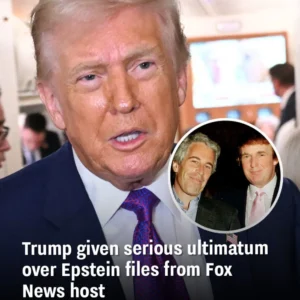
WNBA Coach Stephanie White Accuses Officials of Bias After Controversial Fever Loss
In a fiery postgame press conference, Indiana Fever head coach Stephanie White publicly slammed WNBA referees, alleging “corruption” following her team’s 88–85 defeat to the Washington Mystics. The loss, sealed by a disputed no-call on a late Caitlin Clark drive, pushed White to accuse the league of broken officiating standards and systemic bias.
“I’m tired of seeing our players get penalized for playing hard, while obvious fouls on Caitlin go unwhistled,” White declared.
“If this is the WNBA we’re supposed to believe in, then it’s broken beyond repair.”
The Controversial Final Play
With just 3.2 seconds left and down by two, Clark drove against Mystics’ Shakira Austin and was clearly fouled—Austin’s shoulder knocked Clark down. Yet, officials made no call, and Clark missed the potential game-tying three-pointer. White called it a “smack to the chest—flagrant by rule,” but the referees stayed silent.
Allegations of Systemic Officiating Bias
White detailed a pattern of unfair calls against the Fever, pointing out discrepancies in foul calls and free throws compared to Washington, despite similar play styles. She also cited leaked memos suggesting refs were pressured to “protect home teams” in televised games, raising suspicions of league-wide misconduct.
“It’s not just a bad game of officiating,” White charged.
“It’s a pattern—and it’s eroding our faith in this league.”
League Response and Fallout
WNBA Commissioner Cathy Engelbert issued a cautious statement promising a review of the officiating, while behind the scenes an audit of referees and game footage is underway. Potential disciplinary actions and transparency measures are reportedly being considered to restore trust.
Public and Media Reaction
Social media exploded with hashtags like #JusticeForClark demanding change, while others defended officials. Analysts called for full transparency to preserve the league’s integrity.
The Stakes for the WNBA
With record viewership fueled by stars like Caitlin Clark, these accusations threaten the league’s credibility, fan loyalty, and sponsorship deals. How the WNBA addresses these claims could define its future.
Possible Reforms on the Horizon
To repair trust, the league may adopt public officiating metrics, introduce in-game video reviews for key calls, and establish independent oversight committees.
Stephanie White’s bold accusations have sparked the WNBA’s most intense officiating controversy yet, shining a spotlight on the urgent need for transparency. As the league prepares to respond, one thing is clear: the integrity of the WNBA—and its rapid growth—depend on how it handles this crisis.





